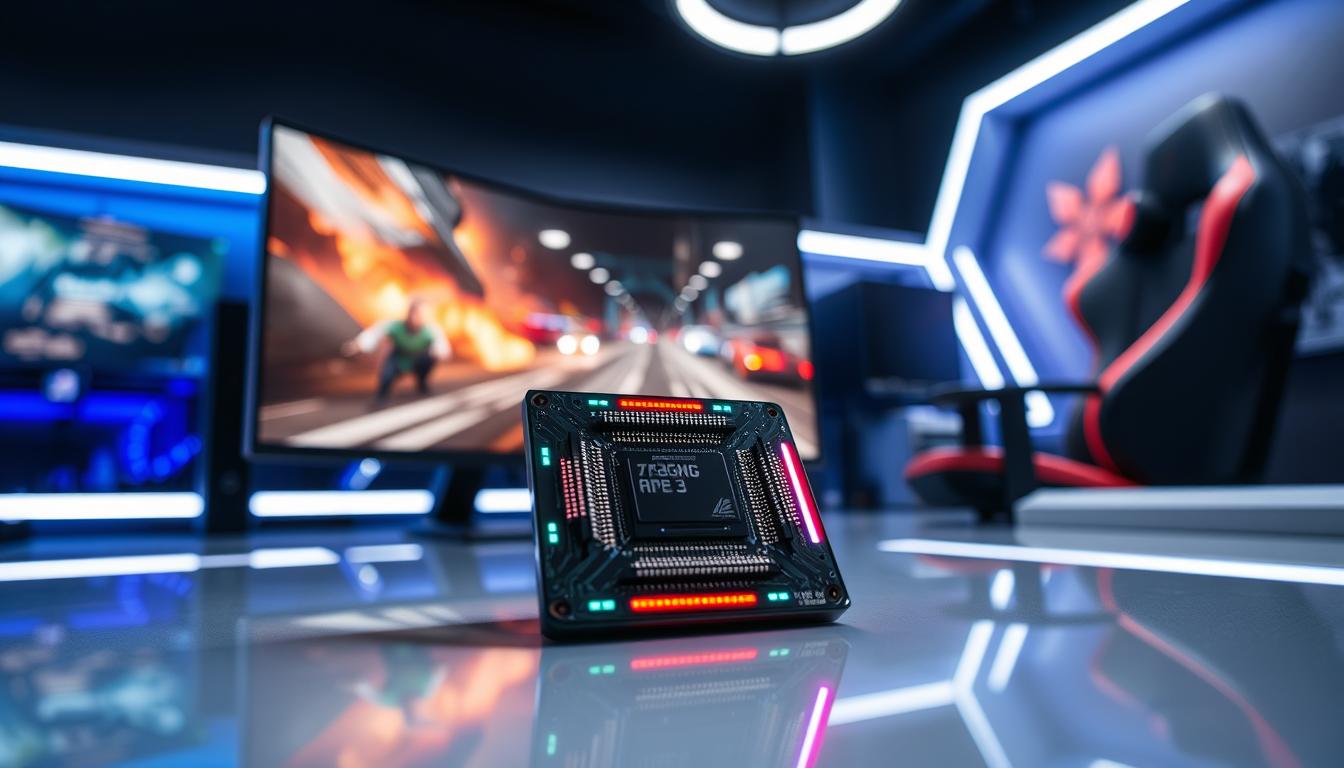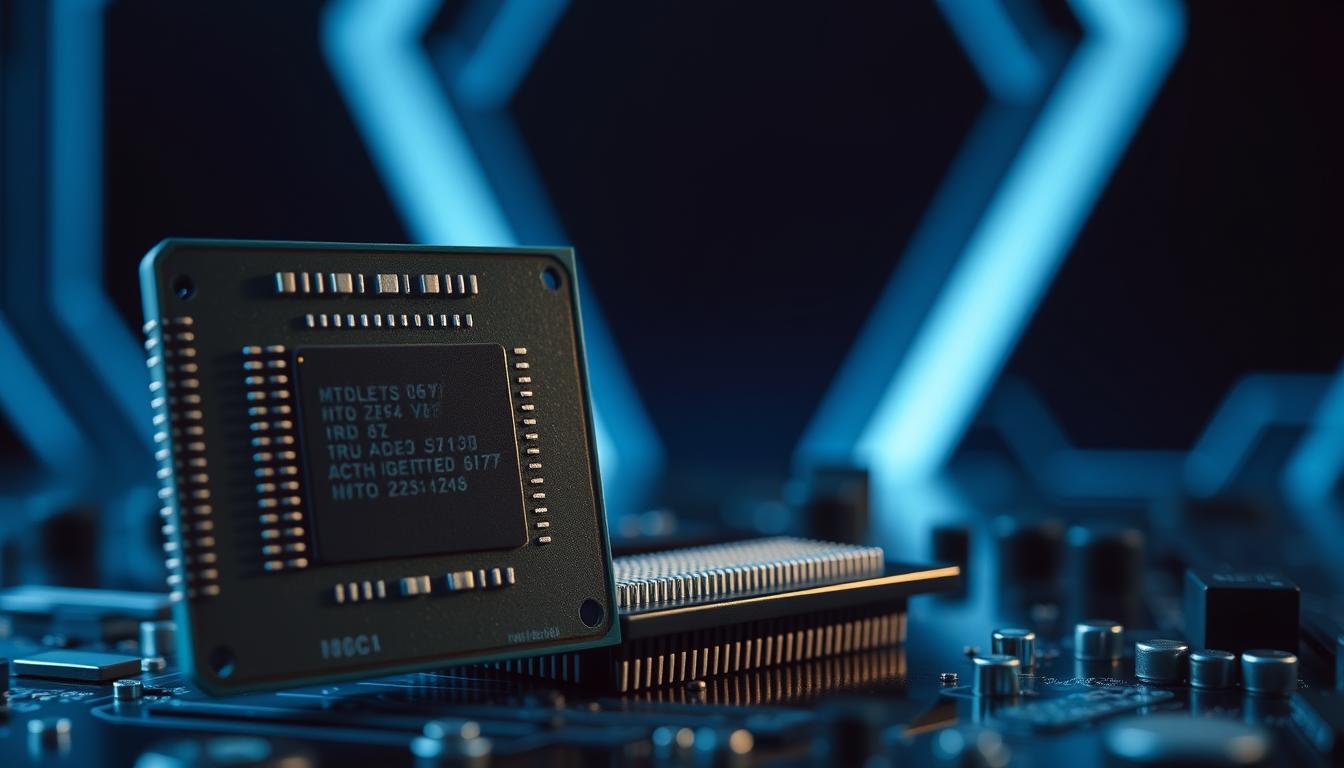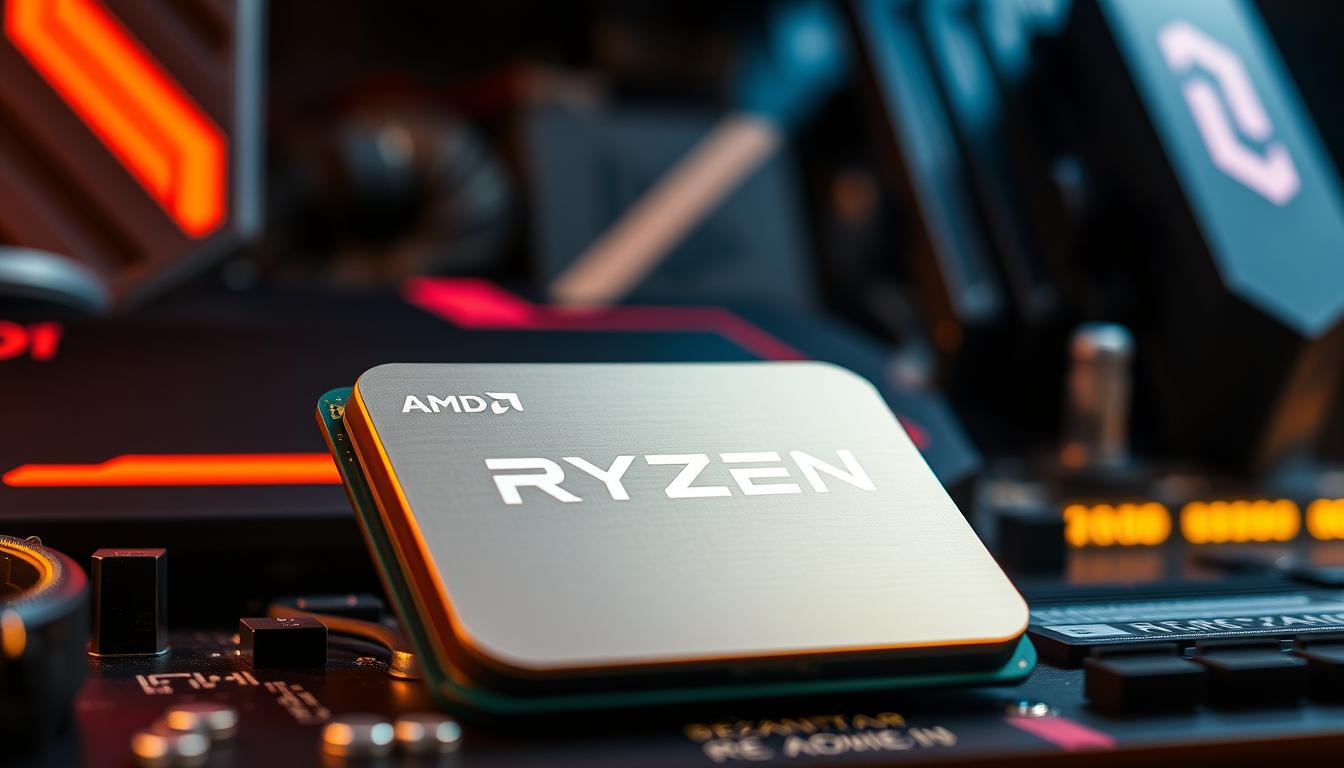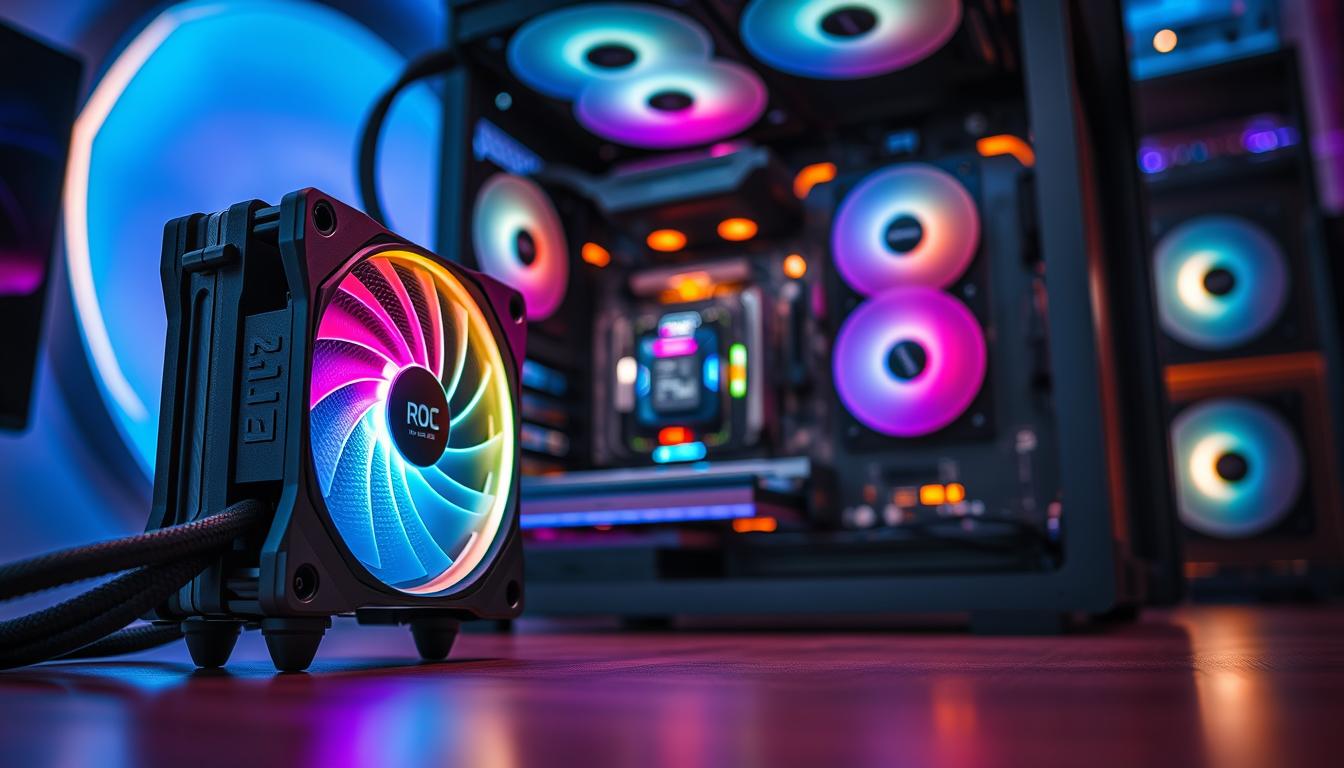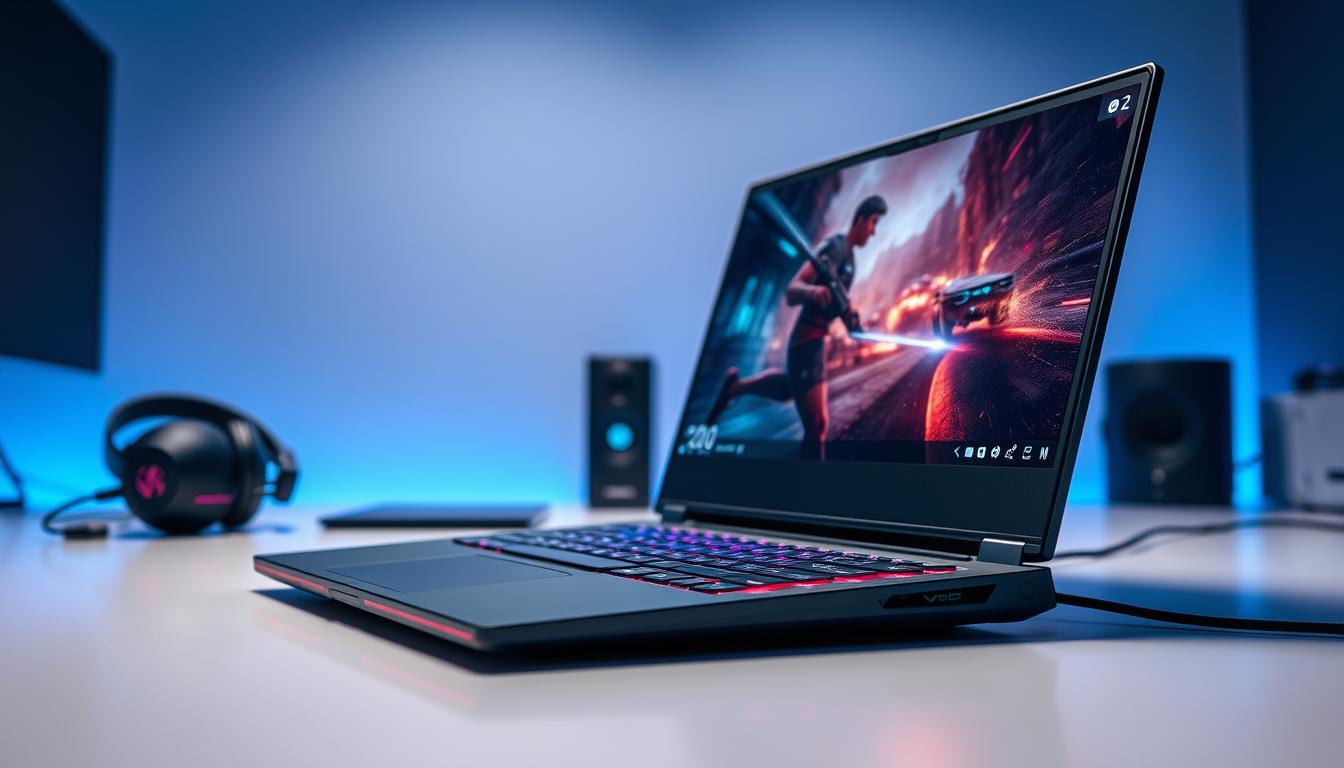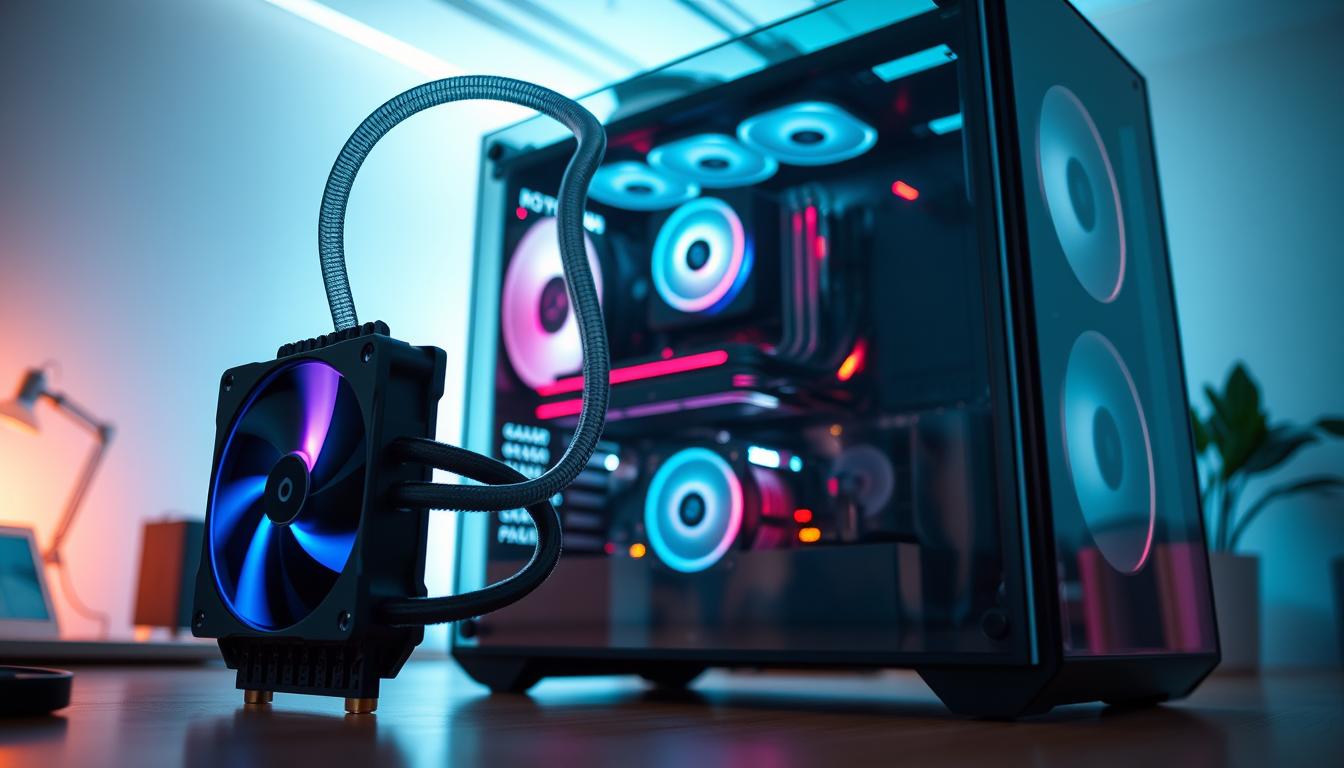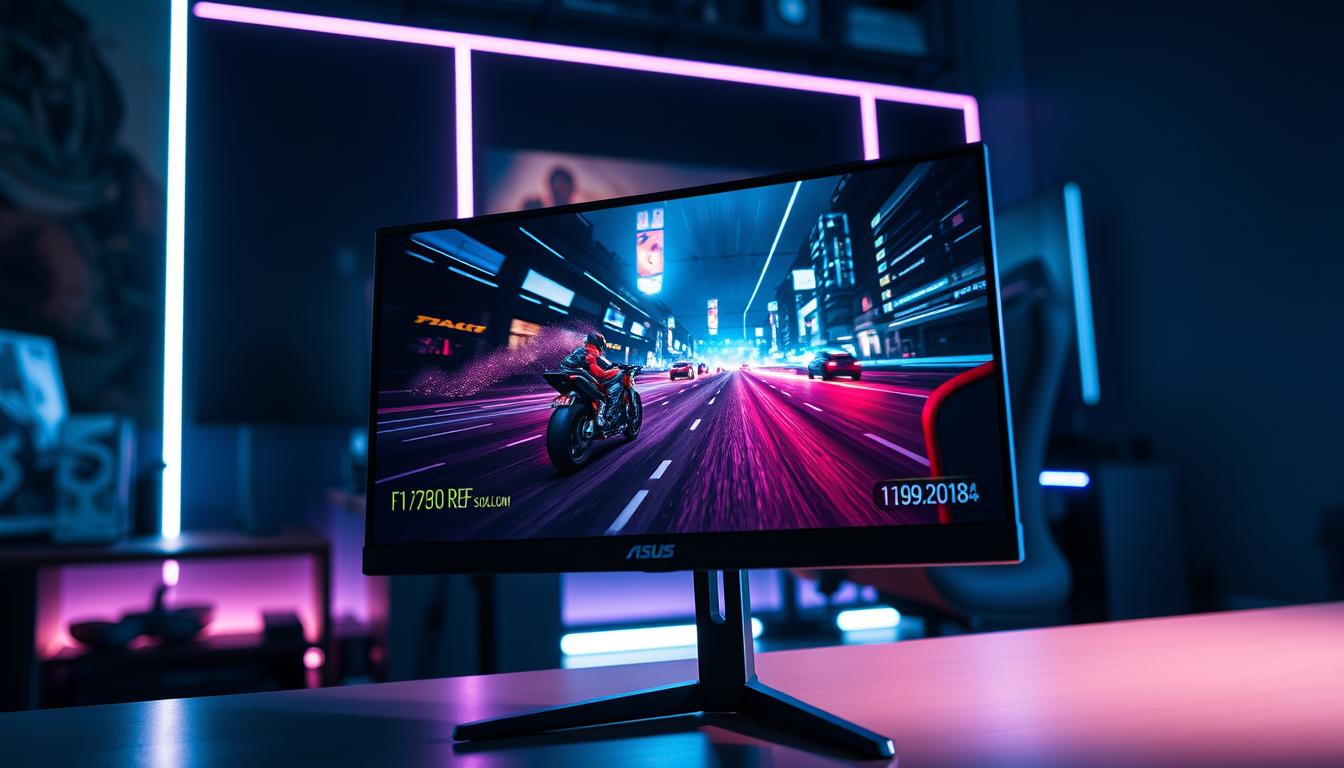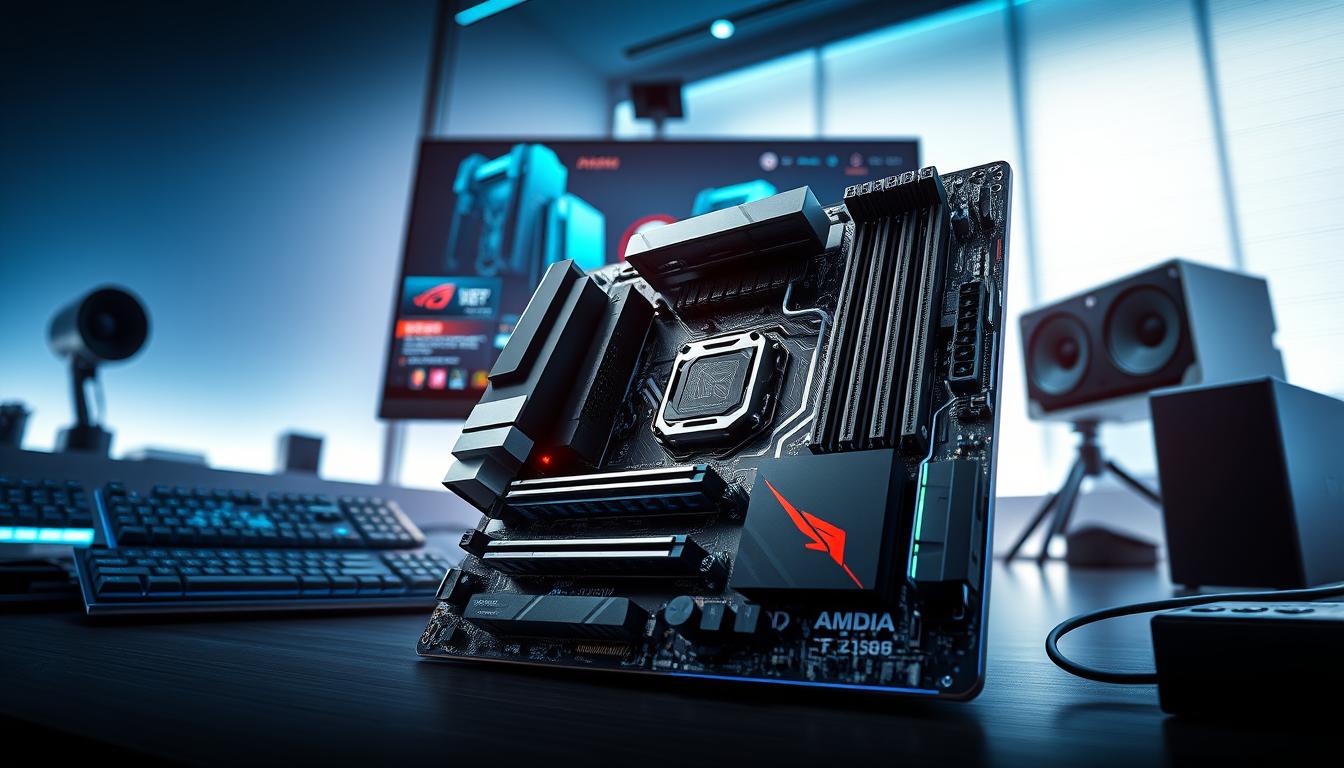High-end CPUs have become the central component of powerful systems in the rapidly changing field of computing technology. I’ve studied the complexities of processors for a long time, and I find it fascinating how these parts can have a significant impact on performance in a variety of applications. Professionals, gamers, and enthusiasts who require high processing power are the target market for high-end CPUs like AMD’s Ryzen 9 and Intel’s Core i9. Not only can these processors easily manage routine tasks, but they also perform exceptionally well in demanding settings like 3D rendering, video editing, and gaming. As AMD and Intel’s rivalry has grown over time, CPU technology has advanced remarkably. New features, better architectures, and improved performance metrics are introduced with every generation.
Key Takeaways
- High-end CPUs are powerful processors designed for demanding tasks such as gaming, content creation, and heavy multitasking.
- The Ryzen 9 and Intel i9 CPUs have different specifications, including core count, clock speed, and cache size, which can impact performance.
- Performance testing and benchmark results show that the Ryzen 9 and Intel i9 CPUs excel in different areas, such as gaming or content creation, depending on the specific tasks.
- Price and value comparison reveals that the Ryzen 9 CPU offers competitive performance at a lower price point compared to the Intel i9 CPU.
- Overclocking capabilities vary between the Ryzen 9 and Intel i9 CPUs, with potential for increased performance but also increased power consumption and heat generation.
I hope to offer a thorough comparison as I examine the features & capabilities of these top-tier CPUs, enabling you to make an informed choice based on your individual requirements and preferences. Knowing the subtleties of these processors is essential, whether you’re a content creator looking for efficiency or a gamer seeking the best experience. The specifications of high-end CPUs provide the basis for comprehending their capabilities when comparing them.
Many cores & threads are common in the AMD Ryzen 9 series; the Ryzen 9 5900X, for example, has 12 cores and 24 threads. This architecture is a desirable choice for users who run demanding applications concurrently because it enables remarkable multitasking and parallel processing.
In some situations, the i9-11900K’s 8 cores and 16 threads can result in better single-threaded performance. Comparing Ryzen 9 processors to their Intel counterparts, the former frequently have larger L3 caches. This can increase overall efficiency and speed of data retrieval during demanding tasks.
| Metrics | AMD Ryzen 9 | Intel i9 |
|---|---|---|
| Base Clock Speed | 3.8 GHz | 3.6 GHz |
| Max Boost Clock Speed | 4.6 GHz | 5.3 GHz |
| Number of Cores | 12 | 10 |
| Number of Threads | 24 | 20 |
| L3 Cache | 64 MB | 20 MB |
| Manufacturing Process | 7nm | 14nm |
| Price | 499 | 488 |
Both manufacturers have also improved power efficiency, with AMD’s Zen architecture emphasizing performance per watt. Each CPU has advantages and disadvantages, as I can see from examining these specs, so it’s critical to think about how these aspects fit your intended use case. When it comes to CPU comparison, performance testing is where the rubber meets the road.
I have investigated several benchmarks that evaluate the performance of both single-threaded and multi-threaded processors, giving me a better idea of how these processors compare to one another. The Ryzen 9 frequently performs better than the Intel i9 in multi-core tests on artificial benchmarks like Cinebench R23 because of its larger core count. Faster rendering times for 3D modeling and video editing tasks are the result of this benefit, which is important for content producers.
The outcomes, however, can be more complex when it comes to gaming performance. Many games are designed to run best on a single thread, which is where Intel’s Core i9 excels because of its faster clock speeds. According to benchmarks for gaming, I’ve noticed that games that heavily rely on single-core performance usually see higher frame rates from the i9-11900K. This contradiction emphasizes how crucial it is to comprehend your main use case before choosing, regardless of whether you place more emphasis on content production or gaming.
The cost of high-end CPUs is frequently a deciding factor. When comparing Ryzen 9 processors to Intel’s Core i9 series, I find that the former typically offer a better price-to-performance ratio. Despite being less expensive than its Intel counterpart, the Ryzen 9 5900X, for example, frequently offers multi-threaded performance that is on par with or better.
Because of this, it’s a desirable option for users on a tight budget who still desire quality performance. However, because of their well-known brand and perceived performance benefits in particular situations, Intel’s Core i9 processors typically fetch a higher price. Although some users might be prepared to pay more for the newest Intel technology, I think it’s important to balance this expense against real performance improvements in the applications you plan to use. In the end, knowing the value proposition of each CPU can assist you in making a better choice that fits both your performance and financial requirements.
A common practice among enthusiasts who want to get the most performance out of their CPUs is overclocking. Although they approach it differently, AMD and Intel both have strong overclocking capabilities, in my experience.
This adaptability allows me to maximize CPU performance without sacrificing stability or temperature control.
Unlocked multipliers are also included with Intel’s Core i9 processors, but because of their increased thermal output when overclocked, these processors frequently need more sophisticated cooling systems. Ryzen CPUs, in my experience, have a more lenient thermal threshold, which makes it simpler to overclock them without running a serious risk of overheating. I’ve experimented with overclocking both platforms. Your comfort level with adjusting settings and your willingness to spend money on cooling solutions will ultimately determine whether you decide to overclock AMD or Intel.
When choosing a high-end CPU, compatibility is yet another important factor to take into account. There are noticeable variations in the features and availability of chipsets as I look into motherboard options for both Ryzen 9 and Intel i9 processors. Many motherboards with various chipsets, including the B550 and X570, can use AMD’s Ryzen 9 series.
Because of its adaptability, I can select from a range of options according to my preferences and budget, including quick storage options like PCIe 4.0 support. On the other hand, motherboards that support the architecture of Intel’s Core i9 processors are usually necessary. With its advanced features like support for overclocking and improved connectivity options, the Z590 chipset is frequently paired with the i9-11900K. In contrast to AMD’s offerings, this may restrict my options.
Also, because of AMD’s dedication to socket longevity, I can frequently upgrade my CPU without having to buy a new motherboard, which is a big benefit for people trying to future-proof their systems. Regarding performance in gaming and content production, Ryzen 9 and Intel i9 processors each have special advantages that meet the demands of various user types. Due to its powerful single-threaded performance, AMD’s Ryzen 9 excels in situations where multitasking is crucial, but Intel’s Core i9 excels in delivering high frame rates in competitive titles, based on my gaming experiences. For example, the extra Ryzen 9 cores offer a more fluid experience without compromising frame rates when streaming gameplay while using resource-intensive apps like OBS or Discord. When it comes to content creation, the benefits of having more cores are even more noticeable.
Ryzen 9 processors, in contrast to their Intel counterparts, considerably speed up rendering times in video editing programs like Adobe Premiere Pro & DaVinci Resolve, I’ve found. Professionals who depend on efficiency in their workflows must be able to manage several tasks at once without experiencing bottlenecks. Finally, knowing how each CPU functions in these situations allows me to customize my selection based on my main tasks, whether I’m gaming or producing content. It is evident to me now that both the Ryzen 9 and the Intel i9 series, which are high-end CPUs, offer attractive features catered to distinct user requirements. Intel’s Core i9 might be a better option if your main goal is gaming and you want to play competitive games at high frame rates because of its excellent single-threaded performance.
AMD’s Ryzen 9 stands out, though, if you’re a content creator or someone who appreciates multitasking capabilities because of its higher core count and superb multi-threaded performance. The ideal high-end CPU for you will ultimately rely on your particular use case and financial constraints. You can make an informed choice that suits your computing needs by carefully considering aspects like specifications, performance benchmarks, cost, overclocking potential, motherboard compatibility, and how each processor performs in scenarios involving gaming versus content creation. Investing in a top-tier CPU will surely improve your computing experience, regardless of whether you go with AMD or Intel.
When comparing the Ryzen 9 CPU to the Intel i9, it’s important to consider the overall performance and value each processor offers. For a more in-depth look at the differences between these two powerful CPUs, check out this article on RTX 3060 vs 3070. This comparison will help you understand how each processor performs in various tasks and which one may be better suited for your specific needs. Additionally, upgrading your PC with a Seagate Game Drive for Xbox 2TB external hard drive can help improve storage capacity and load times for your games. And don’t forget to optimize your PC’s cooling system with the best PC case fans to ensure optimal performance and longevity for your components.
FAQs
What are the key differences between Ryzen 9 CPU and Intel i9?
The key differences between Ryzen 9 CPU and Intel i9 lie in their architecture, core count, clock speeds, power consumption, and pricing. Ryzen 9 CPUs typically offer more cores and threads at a lower price point, while Intel i9 CPUs often have higher clock speeds and better single-threaded performance.
Which tasks are Ryzen 9 CPUs better suited for?
Ryzen 9 CPUs are well-suited for multitasking, content creation, video editing, 3D rendering, and other multi-threaded workloads due to their higher core and thread counts.
Which tasks are Intel i9 CPUs better suited for?
Intel i9 CPUs are better suited for tasks that require high single-threaded performance, such as gaming, and applications that are not optimized for multi-threading.
What are the power consumption differences between Ryzen 9 and Intel i9 CPUs?
Ryzen 9 CPUs generally have lower power consumption compared to Intel i9 CPUs, which can result in lower heat output and potentially quieter cooling solutions.
Which CPU is better for gaming, Ryzen 9 or Intel i9?
For gaming, Intel i9 CPUs are often preferred due to their higher single-threaded performance, which is important for many games. However, Ryzen 9 CPUs can still provide excellent gaming performance, especially at higher resolutions and with multi-threaded games.
What are the price differences between Ryzen 9 and Intel i9 CPUs?
Ryzen 9 CPUs are typically priced lower than Intel i9 CPUs, making them a more cost-effective option for users who require high multi-threaded performance. However, Intel i9 CPUs may offer better single-threaded performance at a higher price point.

